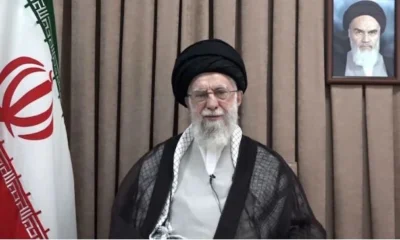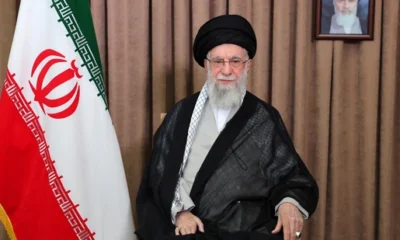Latest business news
Saudi Aramco assures India of no shortage in oil supply, says Oil Ministry

India News
Union Budget 2026 highlights: Nirmala Sitharaman Raises Capex to Rs 12.2 Lakh Cr, West Bengal Gets Major Allocation
Finance Minister Nirmala Sitharaman is presenting the Union Budget 2026 in Parliament today. Follow this space for live updates, key announcements, and policy insights.
India News
Union budget 2026 to be presented on Sunday with special trading session
The Union Budget 2026 will be presented on a Sunday for the first time in over two decades, with NSE and BSE announcing special trading sessions for the day.
India News
Modi says right time to invest in Indian shipping sector; meets global CEOs
-

 LATEST SPORTS NEWS19 hours ago
LATEST SPORTS NEWS19 hours agoICC Men’s T20 World Cup 2026: South Africa outclass India with smart slower-ball strategy in Super 8
-

 India News20 hours ago
India News20 hours agoDevendra Fadnavis seeks CBI probe into Ajit Pawar plane crash
-

 India News19 hours ago
India News19 hours agoJNU protest turns violent as Left and Right student groups trade charges
-

 India News19 hours ago
India News19 hours agoWorld praised India’s AI potential at AI Impact Summit, says PM Modi
-

 Latest world news13 hours ago
Latest world news13 hours agoBangladesh president Shahabuddin accuses Yunus of conspiracy to unseat him
-

 India News11 hours ago
India News11 hours agoSecurity tightened across Delhi metro stations after bomb threat emails
















